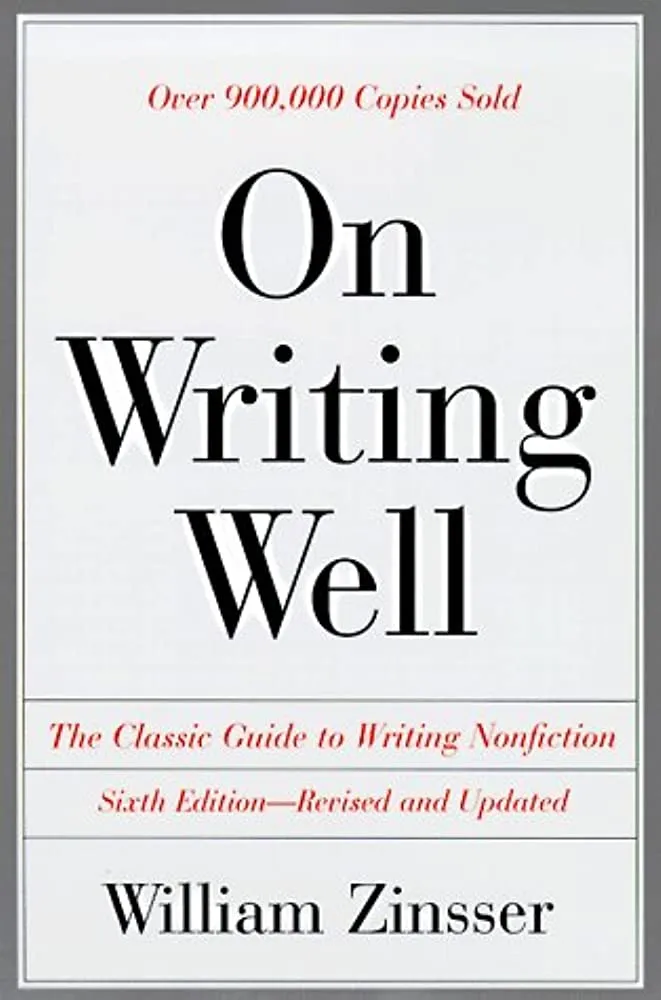Here are 10 of his many tips for improving your writing:
Click on each title (below) to open related section.
You’ll never make your mark as a writer unless you develop a respect for words and a curiosity about their shades of meaning that is almost obsessive. The English language is rich in strong and supple words. Take the time to root around and find the ones you want.
Clear thinking becomes clear writing; one can’t exist without the other. It’s impossible for a muddy thinker to write good English.
A clear sentence is no accident. Very few sentences come out right the first time, or even the third time. Remember this in moments of despair. If you find that writing is hard, it’s because it is hard.
Writing is an intimate transaction between two people, conducted on paper, and it will go well to the extent that it retains its humanity.
And the more you keep in first person and true to yourself, the sooner you will find your style: “Sell yourself, and your subject will exert its own appeal. Believe in your own identity and your own opinions. Writing is an act of ego, and you might as well admit it.
You are writing primarily to please yourself, and if you go about it with enjoyment you will also entertain the readers who are worth writing for.
Writing is learned by imitation. If anyone asked me how I learned to write, I’d say I learned by reading the men and women who were doing the kind of writing I wanted to do and trying to figure out how they did it.
The Thesaurus is to the writer what a rhyming dictionary is to the songwriter–a reminder of all the choices–and you should use it with gratitude. If, having found the scalawag and the scapegrace, you want to know how they differ, then go to the dictionary.
Good writers of prose must be part poet, always listening to what they write.
Decide what corner of your subject you’re going to bite off, and be content to cover it well and stop.


